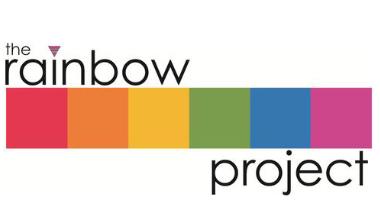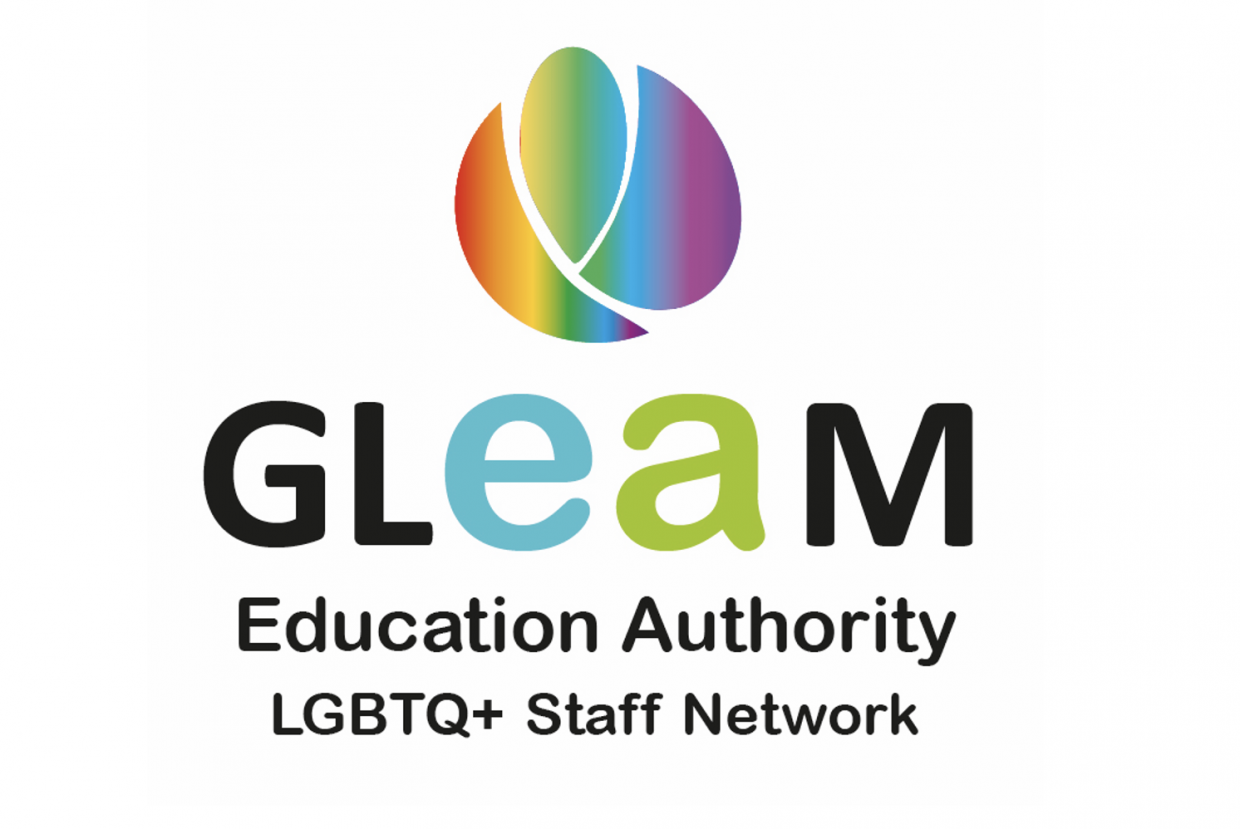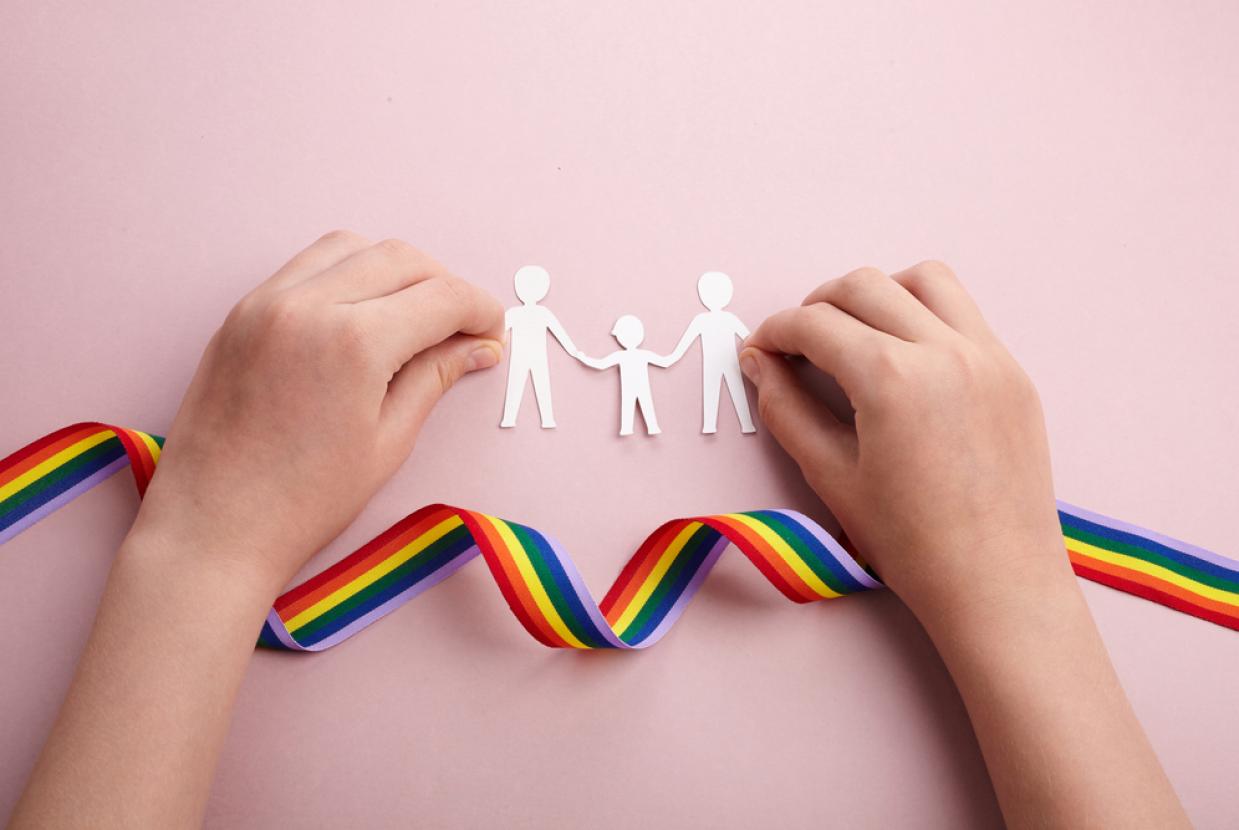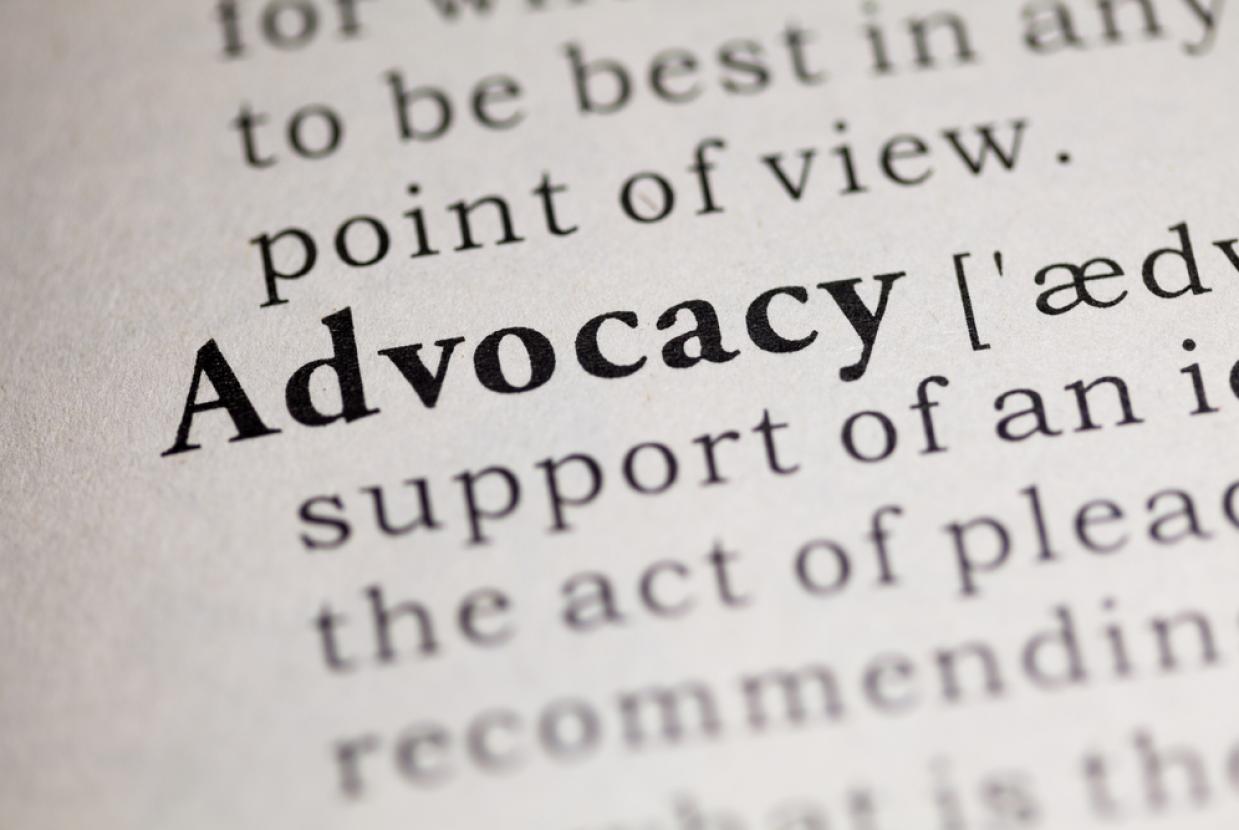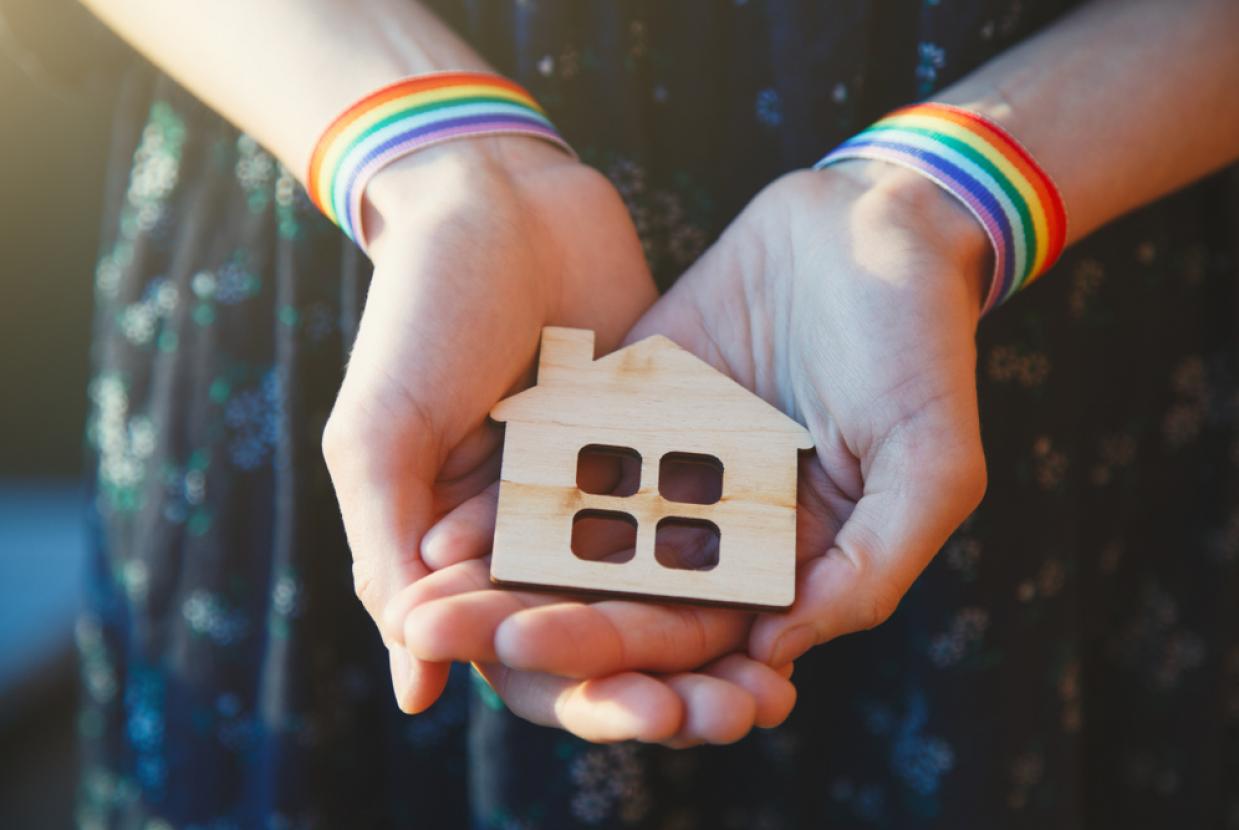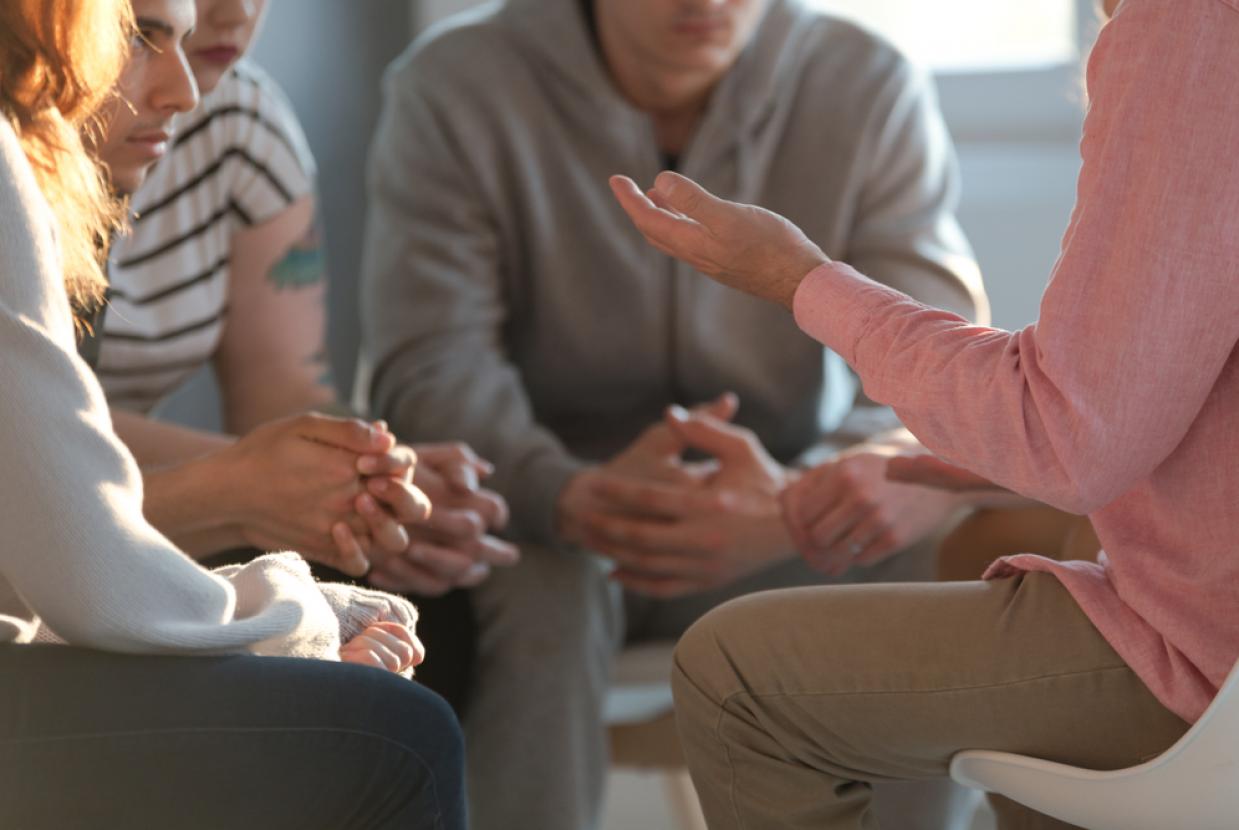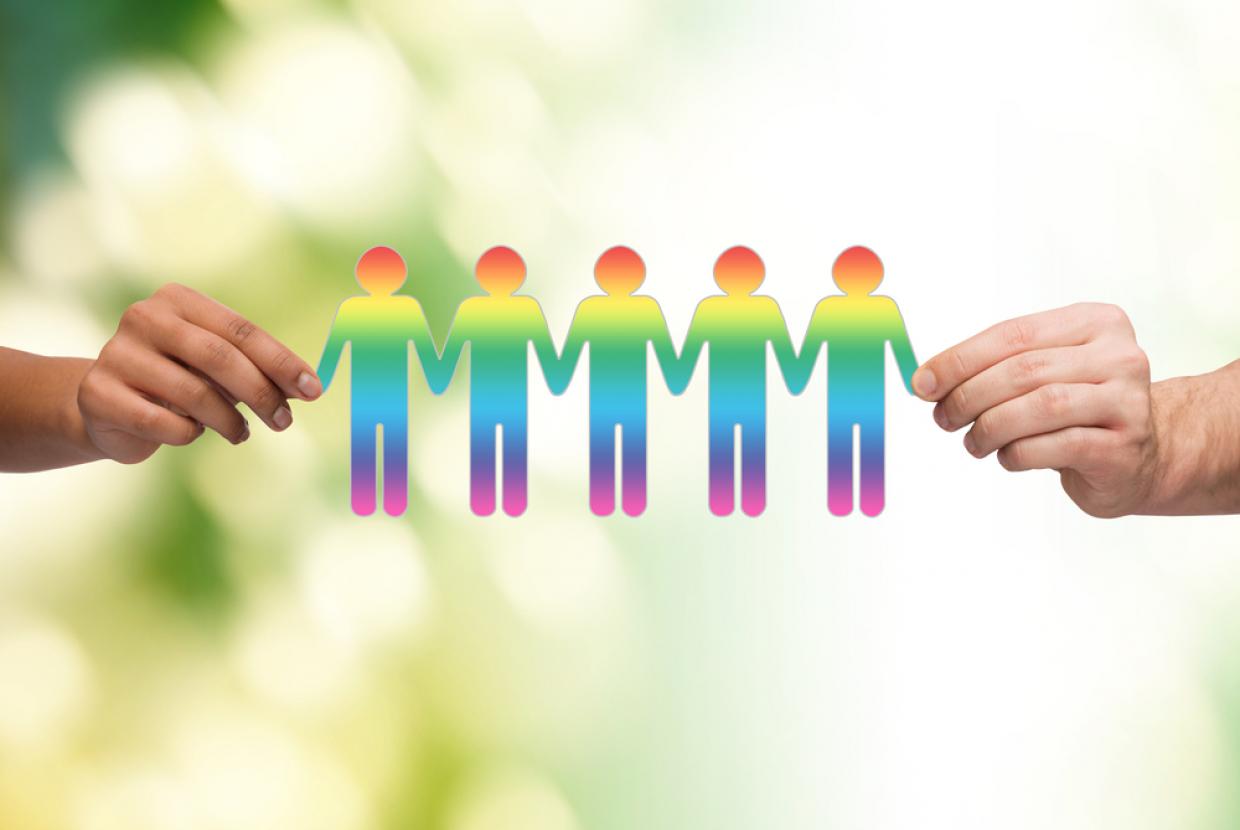Know Your STIs
Sexually Transmitted Infections have been around for centuries. Some people like to decry them as a modern problem. The reality is that we are aware of infections, such as Syphilis, existing as early as the middle ages.
There are quite a lot of STIs out there, some of which are more serious than others and all of which are unpleasant. Some STIs can be spread in different ways like unprotected sex and skin to skin contact. You can find out more about STIs below by simply just clicking on them.
Chlamydia and Gonorrhoea
Gonorrhoea and Chlamydia are common bacterial infections which are sexually transmitted. They are most often found in the mouth, rectum, vagina or urethra. There are several different ways you can test for Gonorrhoea and Chlamydia. The most common of these is a PCR test (Poly-Urese Chain Reaction) which is commonly called a pee in the pot test. This will be used to check if there is Chlamydia or Gonorrhoea and the urinary tracts.
Alternatively a self swab is a common method of testing for infection. You will be asked to insert a long, thin, cotton bud like, piece of equipment into your vulva or rectum and rub it along the walls of these. These will check for infections in these areas. Finally a clinician (a consultant, nurse, doctor or GP) will provide you with an oral swab which they will do to check for Gonorrhoea and Chlamydia in the throat.
Unlike Balanitis, Cystitis, Non-Specific Urethritis, Proctitis and Thrush, Chlamydia and Gonorrhoea are sexually transmitted and must be passed from one person to another.
Genital Herpes
Genital Herpes is an infection caused by the Herpes Simplex Virus (HSV) which can be passed through sexual contact and sometimes skin to skin contact. There were 508 episodes (first infections and recurrent infections) of genital herpes diagnosed in Northern Ireland GUM clinics in 2015.
Causes of Genital Herpes
Genital herpes is caused by the virus Herpes simplex (HSV). There are two types, HSV-1 and HSV-2. Both types can infect the genital and anal area (genital herpes) and also the mouth and nose (cold sores) and fingers and hand (whitlows). The virus enters the body through small cracks in the skin or through the moist soft lining (mucous membranes) of the mouth, vagina, rectum, urethra (tube where urine comes out) and under the foreskin.
Following an infection by the Herpes simplex virus some people will experience an outbreak of genital herpes. The virus then becomes dormant (inactive) and remains in the body where you were infected. In some people the virus can become active again from time to time and cause further outbreaks of genital herpes – known as recurrent outbreaks.
Syphilis
Syphilis is a bacterial infection that is usually caught by unprotected sex with someone who has syphilis. Whilst the symptoms of syphilis may go away on their own, that doesn’t mean you are cured, you must receive a treatment of antibiotics to be cured. Left untreated syphilis can cause serious health problems. Getting syphilis increases your risk of catching HIV.
Symptoms of Syphilis
It is important to remember that some people with syphilis have no symptoms! important Symptoms can include:
- small, painless sores or ulcers that typically appear on the penis, vagina, or around the anus, but can occur in other places such as the mouth
- a blotchy red rash that often affects the palms of the hands or soles of the feet
- small skin growths (similar to genital warts) that may develop on the vulva or around the anus
- white patches in the mouth
- tiredness, headaches, joint pains, a high temperature (fever), and swollen glands in your neck, groin or armpits
Whilst sometimes symptoms may eventually disappear you will still be infected if you do not get treated! If left untreated for several years syphilis can cause very serious long term problem.
HIV
HIV (human immunodeficiency virus) is a virus that damages the cells in your immune system and weakens your ability to fight everyday infections and disease. There’s currently no cure for HIV, but there are very effective drug treatments that enable most people with the virus to live a long and healthy life. With an early diagnosis and effective treatments, most people with HIV won’t develop any AIDS-related illnesses and will live a near-normal lifespan. There were 98 new diagnosis of HIV in Northern Ireland in 2016, over half of these were found in Men Who Have Sex With Men (MSM).
Symptoms of HIV
Most people experience a short, flu-like illness 2-6 weeks after HIV infection, these symptoms can last up to a month. For some people these symptoms can be so mild that it passes without notice, for others they may have to see a doctor as the symptoms can be more severe. After these symptoms disappear, HIV may not cause any symptoms for many years, although the virus continues to damage your immune system. This means many people with HIV often don’t know they’re infected. In the later stages of HIV infection you may experience weight loss, night sweats, chronic diarrhoea, skin infections, extreme fatigue and other opportunistic infections.



